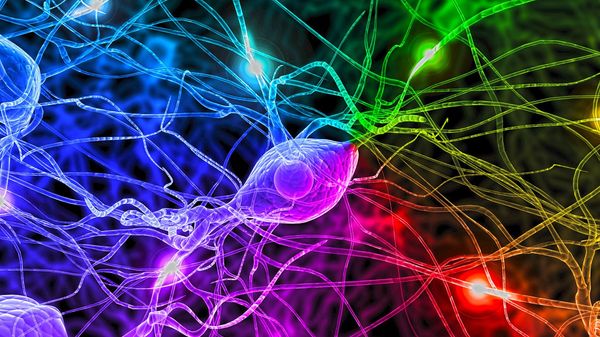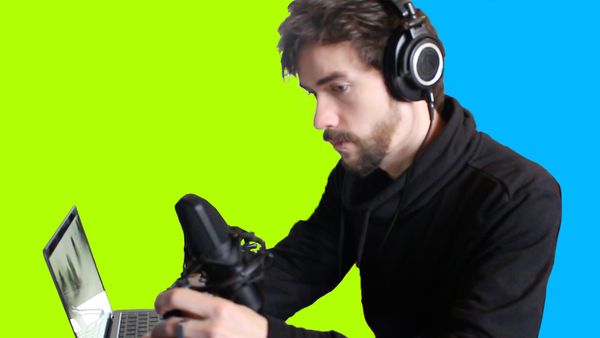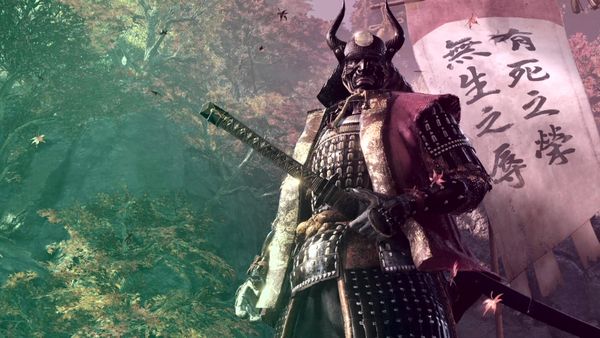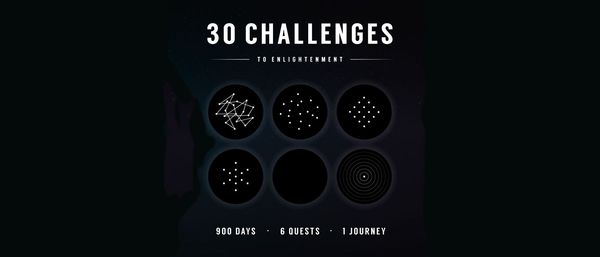Justin Noppé • • 4 min read
Managing Cognitive Complexity with the ‘Mind Hands’ Hack

This is an article from Justin Noppé. We’re opening the doors to our accelerated learning course with Justin soon. Add yourself to the early access list here.
You are in your car, driving home, and suddenly you realize that you have completely checked out and snap yourself back to reality expecting to find yourself heading for a lamppost, only to find that you are driving well, at a reasonable speed, perfectly straight!
And you think to yourself “Wow! I am so lucky that I didn’t crash!”
Sound familiar?
If not, let’s visit a few more such examples.
Ever watched a musician who could play their instrument with amazing ease and have a full conversation?
They are not paying attention to how they are playing but much more to their conversation with you.
Or how about a simple task of making a hot drink. You could probably do it blindfolded. Please don’t! But you could.
What is happening here is that over time, as you practice each of these things, the brain starts to put separate tasks together into groups, then groups of groups, then eventually you are doing the whole thing in one flowing harmony of ease.
This is called cognitive load.
The idea here is that your brain’s information manager can only handle 2-4 ‘chunks’ of information.
As we get more familiar with something, our chunks become bigger and so we can add more load.
(Interestingly enough, we can see chess masters burning 6000 calories a day in tournaments!)
Now, this is an extreme example but the science suggests that fatigue from mental activity is stronger despite burning fewer calories than physical activity — talk about cognitive load-bearing!
A great example of this type of cognitive load is language learning.
At the beginning, you can remember individual words, perhaps short phrases.
Once you have these beginning phrases, your brain can easily cope with these phrases and can start adding more details onto the edges. So perhaps, “Quiero un cafe,” becomes more advanced and with other words, “Puedo tomar un cafe rico por favor”.
And the more you learn and make comfortable, the more you will be able to load up, just like exercising a muscle in the gym.
Then you are having fluent conversations all day in your target language and don’t even notice it!
A notable point here is that when you can create meaning with items that will bind them together into a group.
For example, when you learn a language, all of those sounds together mean nothing to you until you start learning that each group of sounds means something.
Another example is: if I asked you to remember all of these letters in this order “eaachtnokeaj” — your mind would find it tough to make groups and remember this order. However, restructure the same letters into a different order and you get “johnateacake” which you see as “John ate a cake”.
Piece of cake to remember. Not a cognitive load at all.
This is one of the reasons the brain likes to create meaning from things that don’t necessarily have any.
So, we have 2-4 compartments of working memory — I like to think of them as 2-4 hands that HANDle our tasks, carrying the cognitive load.
If things are new, our hands are like children’s hands, they struggle to hold even one thing. Eventually, they grow with familiarity into giant’s hands capable of holding loads of things in each palm.
One of the big things to notice here is that they also have to hold stress. Sometimes if we are too overwhelmed, you won’t just lose one hand, all hands will throw their hands up and retreat!
I have seen it so many times with language skills, presentation skills, and some other performance skills.
If your stress is 1 out of 10, no problem.
Turn it up to a 2, fine.
5 or 6 out of 10 and you start to see some difficulty, but just a little too much stress and the result is worse than a beginner! The mind panics and struggles to get back on track.
It is important to remember that stress will take at least one hand from you.
Learn to work with stress in your practice, so your stress hand can become a giant’s hand and capable of handling loads of stress!
If your brain has thrown its hands up and retreated because of overwhelm or stress — studies show that breathing may help you return to better mental processing, and could actually prevent feelings of stress too.
In one paper, “How breathing can help you make better decisions”, they found that people performed better on a challenging business decision-making task with multiple choice answers and reported lower stress than the control group.
It is one of multiple studies that suggest that a longer exhale than inhale tells the brain to relax, and then get better results and feel less stress load.
The bigger the size of your cognitive hands, the more stress you can hold — and you can continue the breathing technique to ensure the stress doesn’t get any bigger than your current cognitive hands.
This is the point in the article where I sum up and conclude a point to let you consider and chew on as you go about your day.
Well, here it is: no one is super human.
If you understand how to grow your ‘brain hands’, you will notice yourself getting better at skills, suffering less stress, and being proud of your development.
You can seem superhuman.
How much can you handle?
***
Learn The Ultimate Skill
A new HighExistence transformational experience coming soon.










